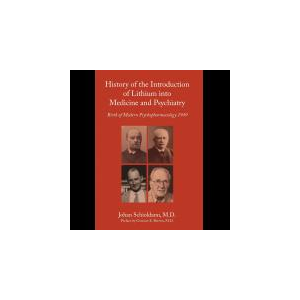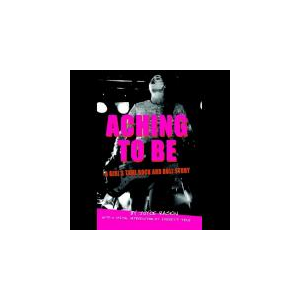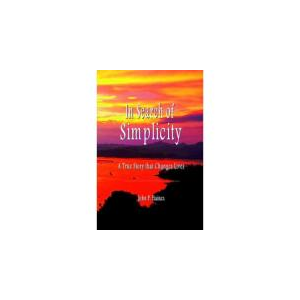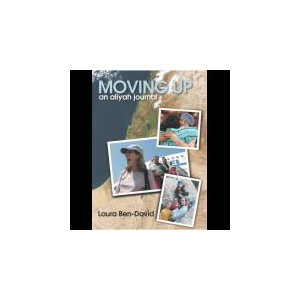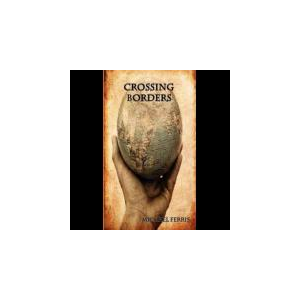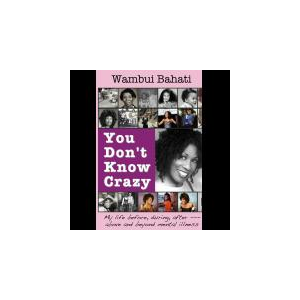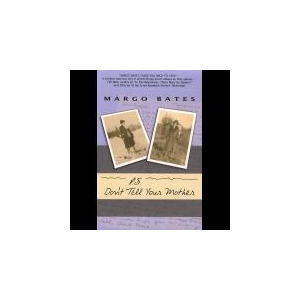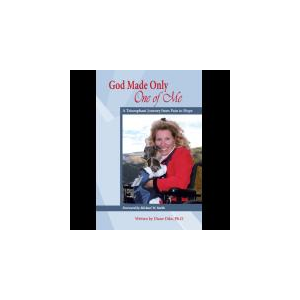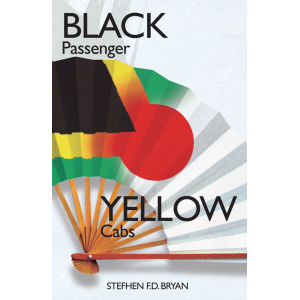Horizon Fever ~ Explorer A E Filby's extraordinary expedition through Africa, 1931-1935
Not only was A E Filby a famous British explorer, but he was also my Uncle Archie. He died before I was born, but his unpublished manuscript, ‘Horizon Fever', and many scrapbooks, survived. Proclaimed "the World's most travelled motorist", A E Filby undertook some breathtaking expeditions, including his 37,000 mile journey from London to Cape Town and back in a series of dilapidated motorcars.
‘Horizon Fever’ is an honest, colourful, often shocking account; a snapshot of bygone days and attitudes. It tells of missionaries, pygmies, big-game hunting, gold-mining, crossing the Sahara and swimming in the Nile with crocodiles. One of Archie’s companions was a monkey called Congo. Another was a dog that adopted him, until it was killed and dragged up a tree by a leopard. Archie himself comes across as a courageous, feisty, quick-tempered, bossy little man, but full of fun, generous and never one to bear a grudge.
Thanks to Archie’s records and photographs, we have a unique glimpse of an astonishing feat of endurance, 80 years after it was completed.
Victoria Twead
The Story Behind This Book
Archibald Edmund Filby, proclaimed “the World’s most travelled motorist”, was my uncle. He died before I was born and my father, naturally taciturn, rarely discussed his older brother. My parents died in 1993, and I inherited a strange-looking and aged manuscript. Without looking inside, I filed it away for future consideration. I had, after all, my own young family to raise and it would be another 20 years (80 since the expedition) before the manuscript would again see the light of day. "Look what I found!" I said excitedly to Joe, brandishing the manuscript. We’d already collaborated in other books I’d written; Chickens, Mules and Two Old Fools and its sequels. “I guess I’d better start typing,” muttered Joe. Three months later, he had transcribed the four hundred-page document. The result is a book that reveals a bygone age. The British Empire was in decline but remnants remained. The ‘All-Red’ route, to which Archie frequently refers, indicates the red colour cartographers used to denote British-controlled countries on maps. Attitudes in those days were very different and often shocking. For instance, big game hunting was popular. Archie refers to adult Africans as 'boys' or 'natives'. On one occasion an Egyptian guard is treated with unconscionable thoughtlessness, which would horrify us today. Despite this, Archie’s affection and respect for the indigenous populace cannot be disputed. He is clearly fascinated by the languages, customs and cultures of the African tribes he encountered - from pygmies in the Congo to the Masai in Central Africa. We changed nothing of the original manuscript. It is exactly as Archie typed it in 1938, undoubtedly at the behest of his newly-wedded wife, Miss Fay Taylor, also a writer, whom he met following a radio broadcast he made from London. Sadly, their marriage was to become a tragic love story, described in the last pages of this book.

